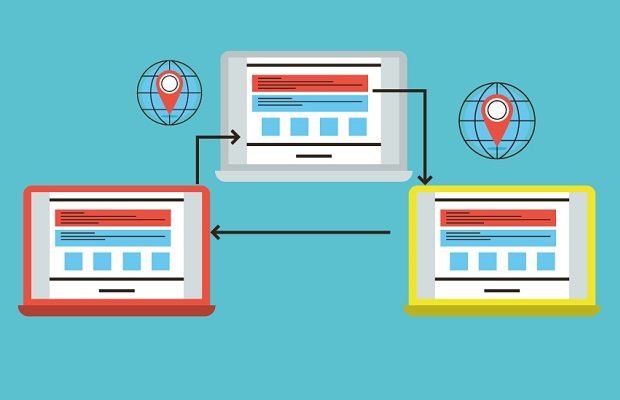Technology is unarguably an invention that made and opened numerous possibilities in our world day, and the Internet is just one of its notable contributions to mankind. Through the Internet, communication is made easy.
Comes with it is the endless sharing and distribution of various information. Almost every business organization and government agency nowadays can be reached through the Internet. These allow them to connect and market to their target consumers or audiences efficiently.
The Internet and technology itself are dominating the community, and comes with that is a greater disaster. Just this year, about 14,200 HIV patients’ records from the Ministry of Health (SG) was illegally disclosed online.
Toyota Motor Corporation was also affected by data breaching from Japan that affected around 3.1 million customers. And just this June, one of the laboratories of NASA was hacked. The thing is, nowadays, preventing these unfortunate situations from happening can be possible.
What is a File Replication Software?
A file replication software is a system that allows you to replicate one or multiple data between different hardware, operating systems, and geographic sites.
Since data breaches and online hacking are rampant these days, many business organizations, government agencies, universities, law firms, and telecoms are upgrading their security systems.
Thankfully, it is now possible to share, back-up, secure, and protect your data all at once, using just a mere software.
Why Should You Get a File Replication Software?
Data Replication Can Be Done Remotely
There are file replication software applications, which allow users to replicate and process data from different storage, servers, operating systems, clouds, sites, or virtual machines (VM). On top of that, advanced systems allow users to mirror data within states or even from country to country. Data can be replicated in unidirectional, bi-directional, or multi-directional fashion.
Data Distribution is Made Easy
Since data can be replicated remotely, distributing files within the organization can be made easy and efficient. Replicated data can be shared and sent, either automatically or manually, in different sites or applications used by the organization.
It Costs Less
Replicating data and distributing it within the organization through a file replication system can cost less than doing those manually or personally. Using software can minimize cost, time, and labor all at once.
Allow Users to Back-Up Data
Natural or man-made disasters can happen at any time. Replicating data provides back-up copies and records in case of emergencies. Not only that, but backing-up data allows you to track progress since it replicates any changes from the data as well.
Data Are Secured & Protected
Backing-up data is one way of securing and protecting all the sensitive and confidential data that organizations have.
To avoid data breaches, make sure to get a file replication software specially designed with extra security and protection.
The Internet and technology itself are getting bigger and powerful. While that sounds promising, cyber-attacks and data-stealing are frequently happening as well.
Regardless of how you use the Internet and technology, it is crucial to make sure that your sensitive and confidential data are secured and protected. Disasters can happen at any time of the year, so better take action as early as you can.








